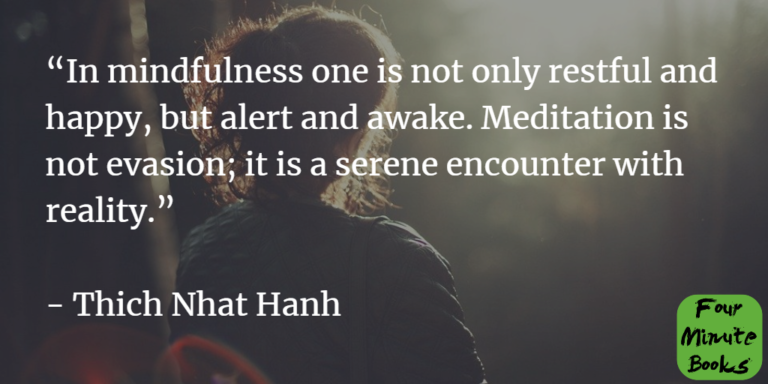Geoff-Allen
Resident megalomaniac
Greetings book lovers!
I hope you are enjoying your experiences her at the forum with us today.
I decided to start a thread about some of the MANY books I have read over the past 40 years or so.
Let's start with a less-well-known book that I have read countless times.
It is called "The Lost Art of Compassion" by Lorne Ladner
He was amongst the first to bring Buddhist practices into western therapy.
Here's a few quotes to give you some idea -
Page 8 -
This brings me back to the earlier question of what constitutes a good, happy, meaningful life. When you ask Westerners this question, some answer based on external acccomplishments such as gaining a certain amount of wealth, popularity, sensual pleasure, comfort and social standing.
Others answer on a more deeply interpersonal level, focusing on their relationships with family and friends and on making some significant contribution to the world. It's extremely rare for anyone - even Western psychotherapists - to answer this question psychologically. The Buddhist response to this question is deeply psychological: Buddhism asserts that a good, happy life is determined not by anything external but rather by the quality of our minds and hearts in each moment of life. Regardless of what we do or don't do externally, a life spent cultivating wisdom and compassion is a good life.
Page 50 -
In all my years of knowing Western psychotherapists, meditation teachers and sincere spiritual practitioners, I can hardly think of any who did not get caught up in long periods of confusion or self-deception when it came to developing real compassion for themselves.
Page 234 -
The chapter is called: "Joyfully losing an argument".
At first, trying to use an argument as an opportunity to develop compassion and find joy seems a bit strange. Someone in your life approaches you in a provocative, agitated, unreasonable annoying way. You immediately think, "Oh, good, this is my opportunity. Here's an argument starting. Now I can really practice compassion!"
When you're just getting started, you'll be of two minds about the situation. Based on old habits, part of you will want the person to stop being difficult and to act kind and friendly. The part of you that is happy to find this opportunity initially may seem weak or less than genuine. That's alright; it just means that you're not yet accustomed to practicing compassion and inner disarmament. Lama Zopa Rinpoche advises us that when you get good at this practice, the thought of enjoying such challenges will arise as naturally and joyfully as the thought of liking ice cream or chocolate. It all depends on what you're accustomed to.
Enjoy the rest of your browsing!

I hope you are enjoying your experiences her at the forum with us today.
I decided to start a thread about some of the MANY books I have read over the past 40 years or so.
Let's start with a less-well-known book that I have read countless times.
It is called "The Lost Art of Compassion" by Lorne Ladner
He was amongst the first to bring Buddhist practices into western therapy.
Here's a few quotes to give you some idea -
Page 8 -
This brings me back to the earlier question of what constitutes a good, happy, meaningful life. When you ask Westerners this question, some answer based on external acccomplishments such as gaining a certain amount of wealth, popularity, sensual pleasure, comfort and social standing.
Others answer on a more deeply interpersonal level, focusing on their relationships with family and friends and on making some significant contribution to the world. It's extremely rare for anyone - even Western psychotherapists - to answer this question psychologically. The Buddhist response to this question is deeply psychological: Buddhism asserts that a good, happy life is determined not by anything external but rather by the quality of our minds and hearts in each moment of life. Regardless of what we do or don't do externally, a life spent cultivating wisdom and compassion is a good life.
Page 50 -
In all my years of knowing Western psychotherapists, meditation teachers and sincere spiritual practitioners, I can hardly think of any who did not get caught up in long periods of confusion or self-deception when it came to developing real compassion for themselves.
Page 234 -
The chapter is called: "Joyfully losing an argument".
At first, trying to use an argument as an opportunity to develop compassion and find joy seems a bit strange. Someone in your life approaches you in a provocative, agitated, unreasonable annoying way. You immediately think, "Oh, good, this is my opportunity. Here's an argument starting. Now I can really practice compassion!"
When you're just getting started, you'll be of two minds about the situation. Based on old habits, part of you will want the person to stop being difficult and to act kind and friendly. The part of you that is happy to find this opportunity initially may seem weak or less than genuine. That's alright; it just means that you're not yet accustomed to practicing compassion and inner disarmament. Lama Zopa Rinpoche advises us that when you get good at this practice, the thought of enjoying such challenges will arise as naturally and joyfully as the thought of liking ice cream or chocolate. It all depends on what you're accustomed to.
Enjoy the rest of your browsing!

